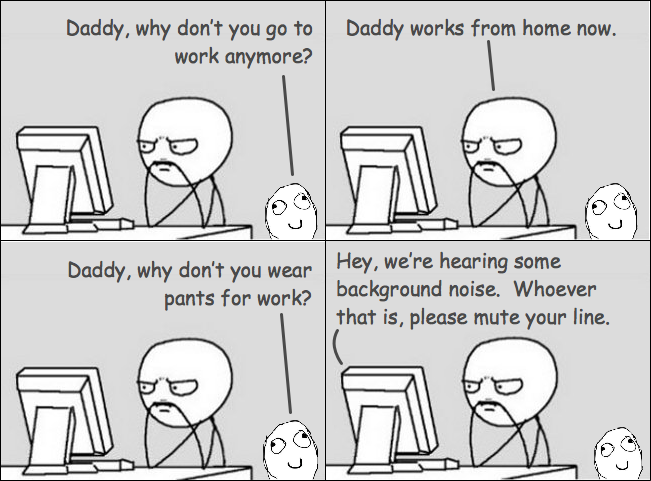This webinar continues a series of communications from GGA Partners to help private club leaders address challenges confronting their businesses and their employees as a result of the global health crisis. Whether your club is operational or waiting to return to business as usual, now is a crucial time to keep members engaged.
Leverage Surveys to Engage Members During COVID-19
Last week, MemberInsight – a Jonas Club Software company, and the industry-leading member survey platform – together with GGA Partners co-hosted a webinar to discuss the power of member surveys in the time of COVID-19 and how clubs, regardless of their survey platform of choice, can better utilize members surveys during this difficult time.
“Many clubs send member surveys as a regular part of conducting business.” Said Trevor Coughlan, Vice President of Marketing at Jonas Club Software. “The problem is, many clubs only send them annually, and they think about surveying in a linear fashion – capital & long term planning. I believe surveys relevant to the moment and the action taken as a result of them have the opportunity to invigorate the way members feel about a club and its staff. There is no better time for clubs to be stepping into action than now which is why we are proud to make our platform available at no charge for three months.”
“In the current environment staying connected with members is a real challenge, but it’s more important than ever,” explained Michael Gregory, a Partner at GGA Partners. “Surveys are a tool all clubs can be using to stay engaged with their members, to capture important feedback, and to provide a level of comfort to members knowing their club is working hard to come out of this stronger and more capable of meeting their needs, wants and expectations.”
Webinar Playback
The webinar presented the MemberInsight feature set, the science behind survey based communications, and specific examples of surveys clubs can put into action as they remain committed to serving their members.
If you’d like to share the webinar recording with a colleague or watch it again please view the video below.
Survey Templates
GGA Partners has provided 5 complimentary survey templates. Download the templates below and use them to give your members a voice during these unprecedented circumstances so you can start taking action on member feedback.
- COVID Response Feedback
- Additional Programming & Services
- Additional Communications to Drive Engagement
- Interest in F&B Offerings & Services
- Employee Engagement
MemberInsight is the optimal platform to start using these templates and gathering member feedback. The company recently announced that their survey functionality is being made available to clubs at no charge for three months.
If you would like to sign up for three free months and no setup fees*, fill out this MemberInsight form or contact Michael Gregory at GGA Partners.














